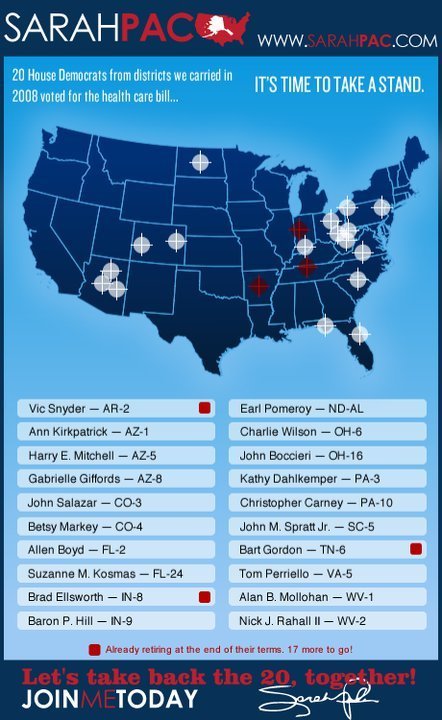I’ve just watched this week’s Horizon titled ‘Science under attack’. And apart from some qualms over the amount of time the programme spent dealing with ‘Climategate’ and not properly explaining the scientific process and why it is trustworthy, it was a great programme highlighting some of the issues with getting scientific knowledge across to the general public.
The main issue they reported is that it is left too much to the media and politicians, who don’t necessarily understand the whole science, or who are only after something sensational to fill a headline.
So here are my three ways in which I think the scientific establishment should start to address this gap in understanding:
1. Give, or ensure scientific reporters for all major news associations and political advisers have a thorough background or understanding of the scientific process.This would allow newspapers to be more impartial when airing the views of lunatic who think that evolution is a sham or the sky is a curtain with holes in it, or whatever else. It would ensure the consensus view of whatever is being reported is talked about in reputable terms, and that the controversy is explained.One example of where this was needed was during the furore over the MMR vaccination. Basically one rogue scientist found that there was a link between this and autism, and instead of following the rigorous scientific process that could have proved whether this was true or not and been verified by the scientific community, he decided to go straight to the press.
Obviously this was tested (and already had been prior to the vaccines widespread use) and discredited. But, as a result of the media hype surrounding this bad piece of science the number of vaccines being given went down, from 96% immunisation in 2002, to 84% in 2003, (down to 61% in some areas). Of course what followed? outbreaks of disease. Measels cases rose 10-fold between 1998 and 2006, and Mumps reached epidemic levels in the population. People became severely and permanently injured and there were even deaths, all because of sloppy journalism about a massively important piece of science.
Of course, saying that scientific journalists should know what they’re talking about is one thing, actually doing it another.
2. The second thing I think that should happen is that the scientific establishment needs its own PR wing. Scientific culture is seen by many as too elitist, articles are peer-reviewed and published in journals, scientific magazines then write up a summary of the articles and their place in the consensus view and their implications. Each piece of evidence is tested to destruction, all by the scientific community with very little input from the general public.
If there was some way to engage the public with what is going on in the scientific community, to let them view their opinions I think people would be a whole lot less untrusting of science.
Unfortunately as is stands people see the smaller but more ambitious things that science brings to society (potential cures for cancer, the moon landings), not the larger scale, but smaller things that fundamentally change society (vaccinations, technological advances). This is something that needs to change; science needs a way of entering a public forum and explaining the latest research or project and explaining why it is being done and what the potential benefit could be.
I think the internet gives a great opportunity for this kind of dialogue to happen, hopefully sooner rather than later.
3. The final, and probably smallest way in which science can bring back some of the trust it’s lost is for a simple updating of its vocabulary which would allow people to understand the scientific process with much greater ease.
In science an idea is called a hypothesis, this hypothesis is then tested, and verified by other scientists and published, if it fits with the existing evidence it is added to the existing consensus (or theory), if it doesn’t then the entire theory is called into question.
Once a theory has been established as fact by the great weight of evidence supporting it then… nothing happens.
In scientific history these well established theories used to become laws (the law of gravity, the laws of motion etc.) but for some mysterious reason this part of the process has been dropped, and it leads to a fundamental misunderstanding of science (how many creationists have you heard calling evolution “just a theory”). This way of labelling the process doesn’t make sense to most people without the last part intact.
The law of evolution, even to someone as nerdy as myself, sounds much more authoritative than the theory of evolution. I think this is a small step that would really help people identify understand and identify with science.
Anyway, that’s enough of a nerd-out for now, thanks for reading.
Shep






